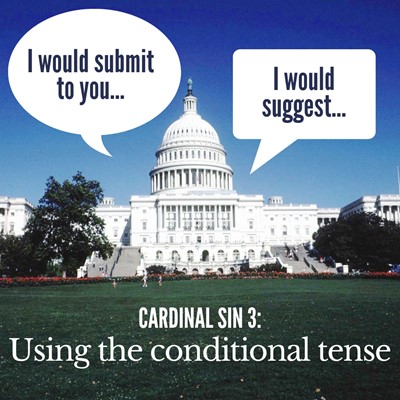
"I've been dreaming about this speech, believe it or not."
– Usher in an interview with The New York Times
A commencement speech, done well, is no small feat—though you might be tempted to dismiss the challenge for someone like Usher, a man used to mesmerizing large crowds when he performs live on stage.
Commencement speeches, though? Most speakers long to say something fresh, original. At the same time, they're participating in a tradition that comes with certain expectations. What's a speaker to do?
Usher gave The New York Times a behind-the-scenes look at how he prepared to deliver a commencement address at Emory University on May 12, 2025. It's a fascinating, interactive piece. We like how it highlights essentials that can benefit every speaker, regardless of your experience and resources.
Personal stories are worth mining
Usher says he wants to make a strong point about education and why it matters that education not fail young people. He shares a story about his own struggles, one that's probably new to the audience.
His personal experience makes something that could be political for some or a distant issue for the college grads in his audience feel relevant and unifying. His vulnerability helps build rapport and credibility with his audience.
Making it sound authentic is on you
While his publicist puts drafts of his speech together, Usher doesn't show up and read. He spends time on the text, working to find words that fit him. At one point he observes that the speech sounds "too corporate." He doesn’t settle for that. Over the course of several weeks and right up until the moment he delivers, Usher is looking for the words that sound like him.
In professional presentations, it's tempting to use the same old verbiage everyone in your company is using. When you challenge yourself to find your own words, you can make your message more engaging for everyone.
Phrasing and timing bring speeches to life
"In the same way I've figured out how tone and algorithm and cadence works in music, it does the same in speech," Usher tells The New York Times.
We encourage speakers to concern themselves with the same rhythms: How can you shorten a sentence to pack a punch? Is sentence length varied? Are you changing your pace, pausing, pressing ahead—in ways that build anticipation and keep momentum going?
You can plan AND leave room to improvise
When you're well-prepared, you often have more confidence to do something that isn't scripted. Usher talks about the lines he added in the moment, a reflection of his own joy or responding to the energy in the audience. He has strong statements he delivers—and can be both spontaneous and scripted, because he invested in a plan.
We often encourage presenters to write out their messages word for word, to rehearse—and to be open to adjusting that plan when an audience isn't reacting as we expected. Preparation and practice isn't wasted in these situations; it's the foundation that let's you be responsive.
Reflect on what worked
Many presenters are tempted to dwell on what didn't go the way they expected. And yes, there's some value in that. But don't shortchange your success. Relish the things about your speech that worked well, that landed with the audience even better than you'd hoped. Let it build your confidence and be a springboard for your next speaking assignment.
Here's how Usher reflected on his speech at Emory: "I love the fact that it was honest, that it was conversational, that it was me authentically. Even the adjustments in the last minute, that's me. That's who I am."
You can watch his entire speech here.
LEARN MORE
Find The New York Times full feature on Usher's speech here.
Here's more on the challenges of the commencement speech.
Feeling "too corporate" when you speak? Find our tips here for making company messages your own.






